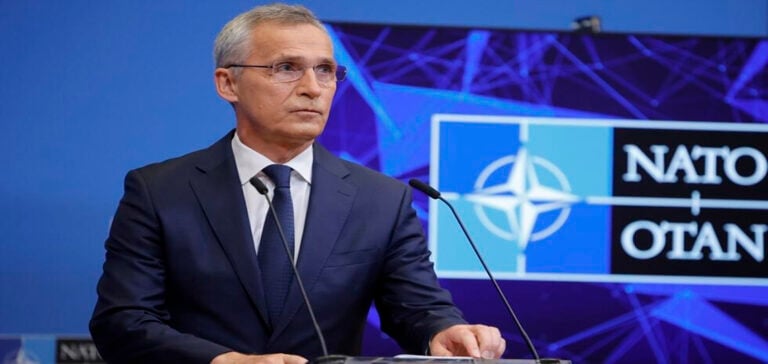The gas pipeline incident in the Baltic Sea has raised concerns about its potential impact on energy security. NATO Secretary General Jens Stoltenberg raised the possibility of a “deliberate attack” on the gas pipeline linking Finland and Estonia.
Finnish suspicions and NATO’s reaction
Finland announced on Tuesday that it suspected outside intervention was behind the leak on this gas pipeline, which is crucial to the country’s energy supply. At a meeting of Alliance member countries in Brussels, Jens Stoltenberg stressed the importance of determining the causes of the incident. He said, “If this is proven to be a deliberate attack on a key Nato infrastructure, then obviously it will be very serious, and it will produce a united and determined response from Nato.”
Previous incidents and the Nord Stream enigma
This incident comes one year after the sabotage of the Nord Stream pipeline, transporting natural gas from Russia to Germany, in September 2022. The origin of this act of sabotage has yet to be determined. Finnish President Sauli Niinistö has raised the possibility that the damage to the Baltic Sea pipeline was caused by external activity.
The ongoing investigation, carried out in cooperation between Finland and Estonia, aims to determine the cause of the pipeline leak. Estonian Defense Minister Hanno Pevkur emphasized the extent of the damage, suggesting that it could not be attributed to divers or small underwater robots, but rather to a more massive force.
Financial and energy implications
The current situation raises crucial questions about the economic and energy implications of these incidents. The region’s energy supply is vulnerable, and any disruption can have a significant impact on the economies of these countries. The costs of repairing and securing infrastructure can also be substantial.
Ultimately, it’s essential to keep a close eye on how this situation develops, as it could have major financial and energy consequences for the region. Ongoing investigations will have to provide answers, but they already underline the importance of energy infrastructure security in a complex geopolitical context.
As a result, the gas pipeline incident in the Baltic Sea raises serious questions about the safety of energy infrastructures and their financial impact. It highlights the region’s vulnerability to potential acts of sabotage and reminds us of the importance of international cooperation to guarantee economic and energy stability.






















